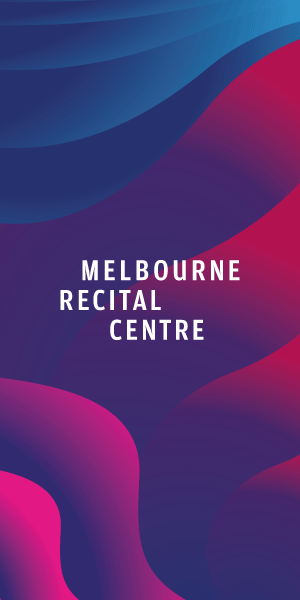Improving kids’ wellbeing with the power of therapy
For clinical psychologist, Moulya Ramesh Kumar, her life and career have been lived inspired by a simple Buddhist mantra: “pain is inevitable, but suffering is optional”.
It’s through this philosophical lens that Ms Ramesh Kumar, a therapist at Carlton psychology clinic Dynamic Psychotherapy, has gained the expertise in treating adolescents and children.
“Being a psychologist has been something I have always wanted to do, and I have known that for a very long time; probably since I was 15 or 16,” Ms Ramesh Kumar said. “I have always been goal-oriented and known what I wanted and knew how to get there.”
“I drew a lot of inspiration from my experiences as a child and how social caring and nurturing allowed me to use trauma as an opportunity for growth.”
“I thought if I could do this, I could help other people do it as well and help them understand they do have a choice, if the right help is provided.”
The team at Dynamic Psychotherapy specialises in the teaching and implementation of Intensive Short-term Dynamic Psychotherapy (ISTDP), “an accelerated form of psychodynamic psychotherapy designed to provide rapid access to the unconscious and deep and lasting change”.
Under the tutelage of experienced ISTDP clinical psychologist and Dynamic Psychotherapy director, Julie Cochrane, Ms Ramesh Kumar is about to begin her advanced training in ISTDP as part of her clinic’s professional development and training program.
While accessing early childhood experiences through the ISTDP method is generally reserved for adults with great life experience, Ms Ramesh Kumar said elements from the practice enabled her to work with the child’s attachment relationships in a way that maximised healthy emotional development.
“What primarily differs between the three groups is that children need more structure and clear direction in helping them make sense of their difficulties, and using play as medium can be helpful in this process,” Ms Ramesh Kumar said. “Using symbolic work, children are quick to engage if they can feel safe with an adult and explore what they want to.”
“With adolescents it is figuring out what they really want, because they are in the process of understanding themselves. You have to strike a gentle balance of giving them space to do what they want to do, but also giving them structure.”
“With adults, our sessions are very client driven. We give you the space to see what works for them. Driven by their motivation and goals and what they want out of life.”
In addition to therapy, Ms Ramesh Kumar also conducts assessments for cognitive development and neurodiverse conditions like attention-deficit/hyperactivity disorder (ADHD) and autism spectrum disorder (ASD).
Ms Ramesh Kumar told Inner City News it was important to see and treat these groups as neurodiverse, not atypical.
“All of us have different ways of working, and these children have been born with diverse ways of understanding and responding to situations,” she said.
“They can grow up to have successful and fulfilling lives if help can be provided early on in their lives. I think that is where early recognition diagnosis and intervention can go a long way in, not just supporting the child, but also providing support for their wider network which includes school and caregivers.”
“Helping the parents understand what is going on from their child’s eyes. Things can get stuck if parents are not equipped with the skills to assist their child’s particular difficulties.”
According to Ms Ramesh Kumar, following the pandemic, there had been a sharp increase of diagnosis of neurodiversity in adults.
She puts it down to growing the broader conversation regarding mental health issues and knowing that it is okay to ask for help.
“We all go through mental health issues at one point or another in our lives. This doesn’t mean we are mentally ill, but it says something has come up in life that has given us the opportunity to rework certain experiences that have led to current suffering,” Ms Ramesh Kumar said.
“We help the individual take control and rework what did not go well in their past.”
“It helps give people a sense of agency with regards to what is going on rather than being in pain or suffering. We give you the resources to deal with pain and suffering differently.” •
For more information: dynamicpsychotherapy.com.au
Caption: Dynamic Psychotherapy’s Moulya Ramesh Kumar.

Residents win fight to save laneway from development in East Melbourne







 Download the Latest Edition
Download the Latest Edition